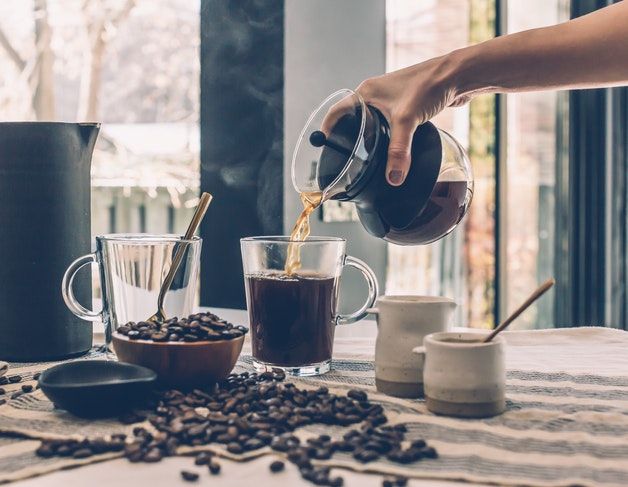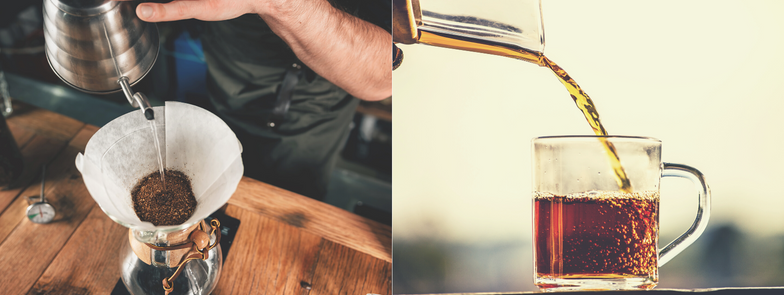.
Why is SPECIALITY COFFEE so EXPENSIVE?
What is the added value of specialty coffees compared to conventional coffee?
.
Let's face it, buying specialty coffee to make a high quality coffee comes at a price. But all these steps are necessary to enjoy a good cup of coffee. In a market as competitive as specialty coffee, you can hardly expect to find the highest quality coffees at a low price.
.
But what makes them so expensive, compared to some coffee brands, which sometimes offer 1kg bags for prices as low as 7-8 EUR on average, as is the case in some "hard-discount" shops?
.

.
.
.
Divide to give value
.
The quality of specialty coffee has a higher purchase price because the best varieties of coffee beans have been selected, often after a long process of "sorting" and tasting by professionals.
.
During the harvest (picking), in the different farms and cooperatives in the coffee producing countries, the quality of coffee beans is determined by different criteria: Its soil (mineral rich soil ...), the altitude at which the coffee tree has grown also has an influence on the quality of the coffee, the climate, the light (shading or not), the harvesting method, the fermentation method ... in short, so many criteria that are not explained to the final consumer but which are all equally important.
.
Speciality Coffee : What's so "special" about it ?
.
Specialty coffee represents only 5% of the global market. It goes through a very strict "designation" process, according to different criteria set up by the SPECIALITY COFFEE ASSOCIATION, or SCA.
.
Specialty coffee gets its name simply because of the special focus on QUALITY: To produce a coffee of exceptional quality, the breeding process is also qualitative.
.
What do we mean with this? => The coffeetree is not mistreated, it is cut at the right moment, during the picking (often manual, more meticulous), only the ripe cherries are removed, the time and method of fermentation are respected, and finally the storage is managed in an optimal way so that the roasters can "cook" the bean to the most precise cooking possible (without "darkening" the bean too much = Dark roast, French roast, etc.).
.
Speciality Coffee should IDEALLY be consumed 3 months after the roast date ... max 7-8 months after. The coffee does not "expire", but it will lose a lot of its aromatic qualities after that period.
.
In short, specialty coffee pays the growers better while allowing you to obtain a coffee with a particular and unique cup richness.
.
Roasting and drinking Speciality Coffee
.
There are different types of roasting: filter coffee (Hario v60 - Chemex), espresso or OMNIROAST to suit the type of beverage ... it's up to you to discover according to your extraction methods and the amount of coffee you want in the cup.
.
Filter coffee = More "harmonious, distributed" aroma in the cup
Espresso = Smaller coffee with a concentrated aroma, with a stronger approach
.
And you? What do you know about specialty coffee? Have you ever tasted it? We have some specialty coffees, such as those from a roastery in Florence that places a point of honor on traceability and an explosion of flavors in the mouth. Introducing Gearbox coffee, the "Speciality" branch of Mokarico!
.
_______________________________________________
>> Click here to discover our Speciality Coffees <<
.

.
.
.




Comments (0)